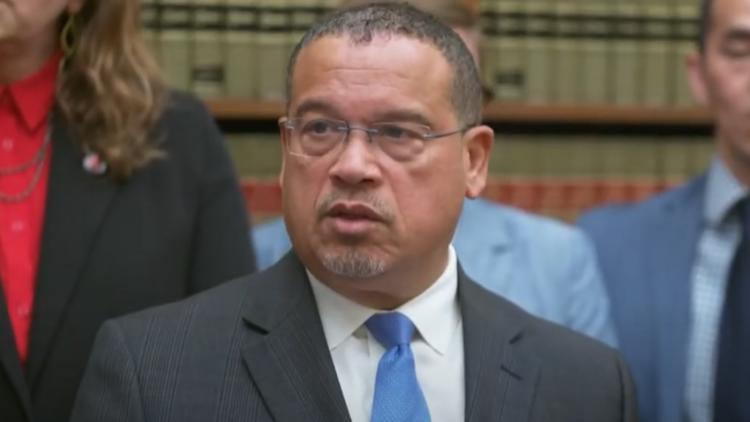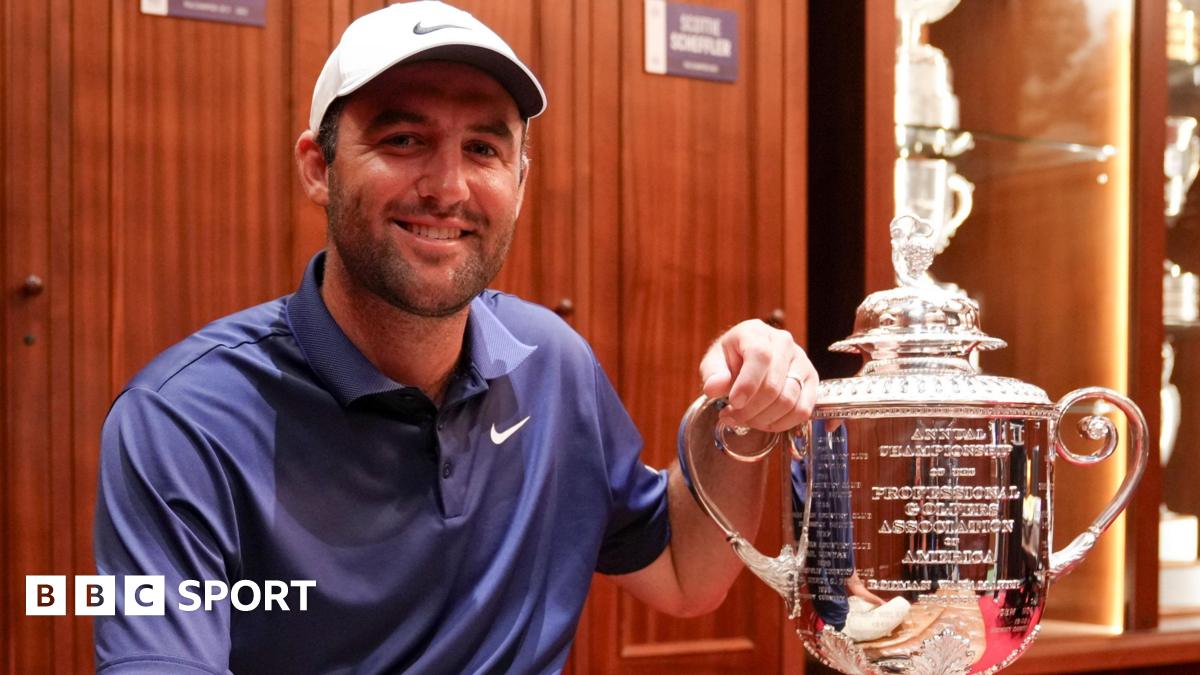AG Ellison said in February that allowing transgender student-athletes to compete based on their gender identity was part of the Minnesota Human Rights Act.


MINNEAPOLIS — An advocacy group and three metro area softball players are suing Minnesota's Attorney General and other leaders in education and civil rights over the policy that allows trans women and girls to play sports that match their gender identity.
The lawsuit is filed by Texas-based Female Athletes United, which advocates for "fairness, safety and equal opportunity for women and girls in sports."
The plaintiffs allege in the suit that because Minnesota protects the rights of transgender girls to play in girls sports, "these sports are not actually reserved for females. And as a result, boys are displacing and defeating girls in competitive sports."
The suit was filed on behalf of three girls who play softball at Minnesota high schools, who say they have been negatively impacted by transgender girls in sports. The students claim in the suit that trans girls are "bigger, stronger, and taller" than they are, and that it is "unsafe and unfair" to play against these athletes.
One of the defendants in the lawsuit is Attorney General Keith Ellison. He wrote in February that allowing transgender student-athletes to compete based on their gender identity was part of the Minnesota Human Rights Act.
"Based on the plain language of the statute, educational institutions and the [Minnesota State High School League] would violate the MHRA by prohibiting transgender athletes from participating in extracurricular activities according to their gender identity," Ellison concluded in his opinion.
According to Ellison, the MHRA defines gender identity as "a person’s inherent sense of being a man, woman, both, or neither. A person’s gender identity may or may not correspond to their assigned sex at birth or to their primary or secondary sex characteristics.”
The Alliance Defending Freedom, which filed a lawsuit on behalf of Female Athletes United, called the policy discriminatory.
“Minnesota is failing its female athletes. The state is putting the rights of males ahead of females, telling girls their hard work may never be enough to win and that they don’t deserve fairness and safety,” said ADF Legal Counsel Suzanne Beecher in a press release. “By sacrificing protection for female athletes, Minnesota fails to offer girls equal treatment and opportunity, violating Title IX’s provisions. Our client, Female Athletes United, is right to stand up for its members by challenging the state’s discriminatory policy and advocate for true equality in sports.”
This is not the first time this year trans athletes in Minnesota have faced scrutiny. In March, a GOP proposal to ban transgender athletes from girls' sports failed in the state legislature when the entire DFL caucus voted against the proposal. Federal funding has also been called into question after President Trump signed an executive order intended to ban transgender athletes from girls’ and women’s sports. AG Ellison is suing the Trump administration over the order.
The number of trans students participating in sports is hard to track down, the Associated Press reports. The NCAA, for example, does not track data on transgender athletes among the 544,000 currently competing on 19,000 teams at various levels across the country, though NCAA President Charlie Baker testified in Congress in December that he was aware of fewer than 10 active NCAA athletes who identified as transgender.
In February, the NCAA changed its participation policy for transgender athletes, AP reports, limiting competition in women's sports to athletes who were assigned female at birth.
In response to the lawsuit, a statement from Attorney General Ellison's office said he will defend the rights of all students to play sports.
"In addition to getting exercise and the fun of competition, playing sports comes with so many benefits for young people. You build friendships that can last a lifetime, you learn how to work as part of a team, and you get to feel like you belong. I believe it is wrong to single out one group of students, who already face higher levels of bullying and harassment, and tell these kids they cannot be on the team because of who they are. I will continue to defend the rights of all students to play sports with their friends and peers."








 English (US) ·
English (US) ·